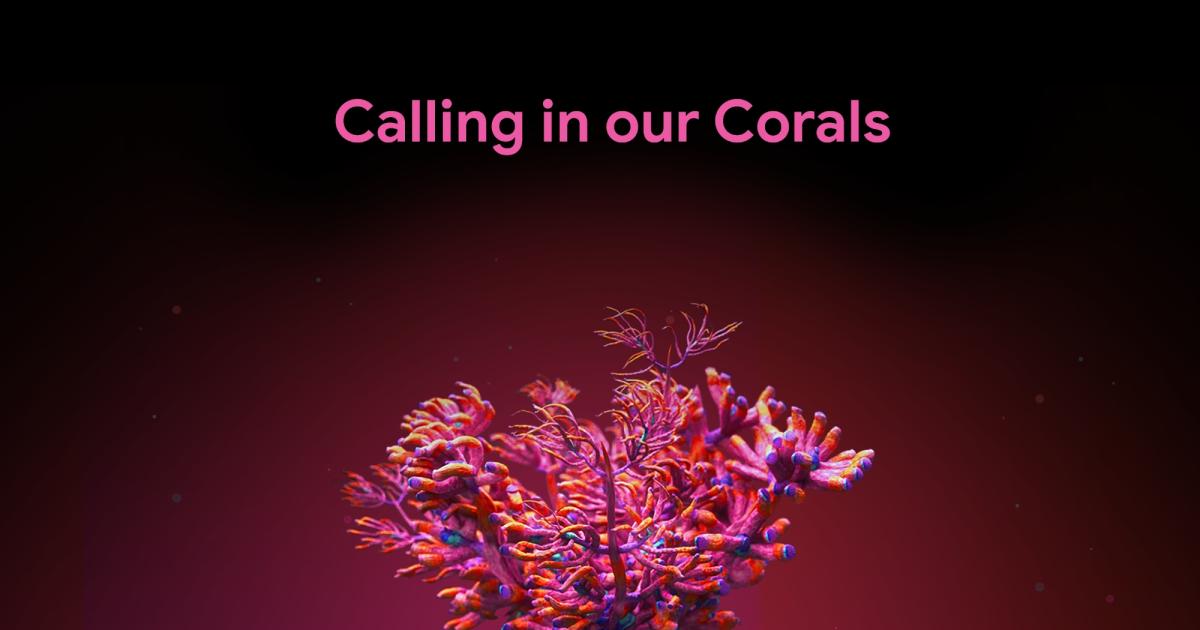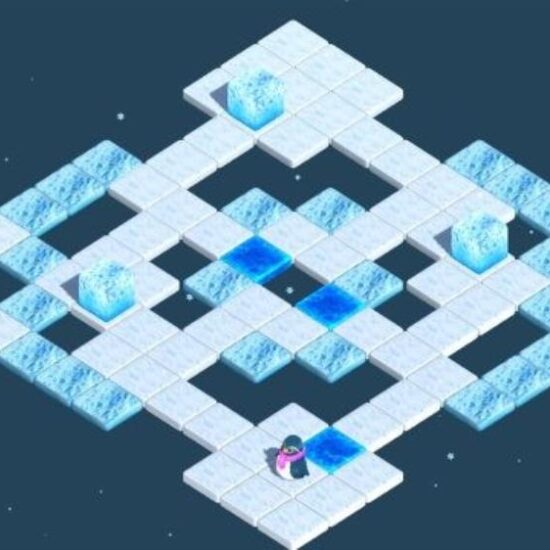
Google is calling on recruits to help repopulate coral reefs. Its new project, a collaboration with marine biologist Steve Simpson and marine ecologist Mary Shodipo, wants your help training AI to recognize aquatic wildlife sounds in hopes of replenishing them and raising awareness of the ocean’s troubled habitats.
The Earth’s coral reefs have been declining at a concerning pace thanks to climate change, overfishing and pollution. Higher water temperatures from our rapidly changing atmosphere can cause coral to release symbiotic algae that make the coral more prone to disease and death. Additionally, rising CO2 levels in the atmosphere can acidify the ocean, further damaging the reefs.
The new Google Arts & Culture experiment has a simple ask: Take a few minutes to discern between the high-pitched snaps, crackles and pops of feeding shrimp and the lower-pitched gurgles, groans and croaks of fish, and then use your newfound knowledge to contribute to an AI model that will help conservation efforts. You’ll open a browser window, listen (preferably using headphones) to underwater recordings made with an underwater mic and tap an onscreen button when you believe you hear fish. If enough people contribute, the data should help automate the process.
“Coral reefs are surprisingly noisy places, but where they are damaged or overfished, they become quieter due to the lack of marine life,” said Simpson. “In some locations, our research involves placing sound recorders inside marine protected areas (where there is no fishing) and in nearby fished areas for comparison, to listen in on the benefits of protection. In other locations, we are comparing sites that have declined due to overfishing and poor water quality with those where we are actively restoring coral reefs by replanting corals and rebuilding habitats.”
“There are too many recordings for one person to sit down and listen to — and that’s where you come in,” explained Simpson. “We need your help, and the help of others like you, to form a listening collective. Your data will then be used to train computers to listen for fish sounds automatically.” The team’s recordings were made at 10 reefs from countries including Australia, Indonesia, the Philippines, the US, Panama and Sweden.
Calling in our Corals / Google
In addition to improving their ability to monitor marine wildlife activity, the researchers believe the project can help restore them. “New research has found that when played back using underwater speakers in damaged habitats, these sounds can even be used to call in new recruits — which is why our project and the accompanying online platform is called ‘Calling in our Corals,’” Simpson said. In other words, playing back the sounds of healthy reefs could attract new fish and other underwater species to conserved reefs or those that have fallen on hard times thanks to the ravaging ecological effects of human industry.
Contributing only takes a few minutes. Although I wouldn’t describe it as peak entertainment, it’s at least as enjoyable as time-wasting browser games that don’t contribute to real-world endeavors. The project’s creators stress that even sitting down for one three-minute session will help their efforts. And the more time you spend (or tell others about the project), the more you pitch into a good cause.
Although I find it surprising they can’t train the AI models on sound waves alone without the crowdsourcing part, inviting the general public to contribute should help raise awareness of a crucial — often ignored — aspect of the changing planet. As much as Google has transformed from its leaner early years, projects like this still remind me of the company’s more idealistic roots from the “Don’t Be Evil” era.
You can get started by watching the video below and visiting the project website.














